Our International Lecturers & Experts
We work together with artists, curators, critics, and authors. The international instructors from different artistic disciplines work with various media including painting, sculpture, drawing, film/video, installation, architecture, photography, illustration, intervention, and performance. All online courses & classes are held in English.
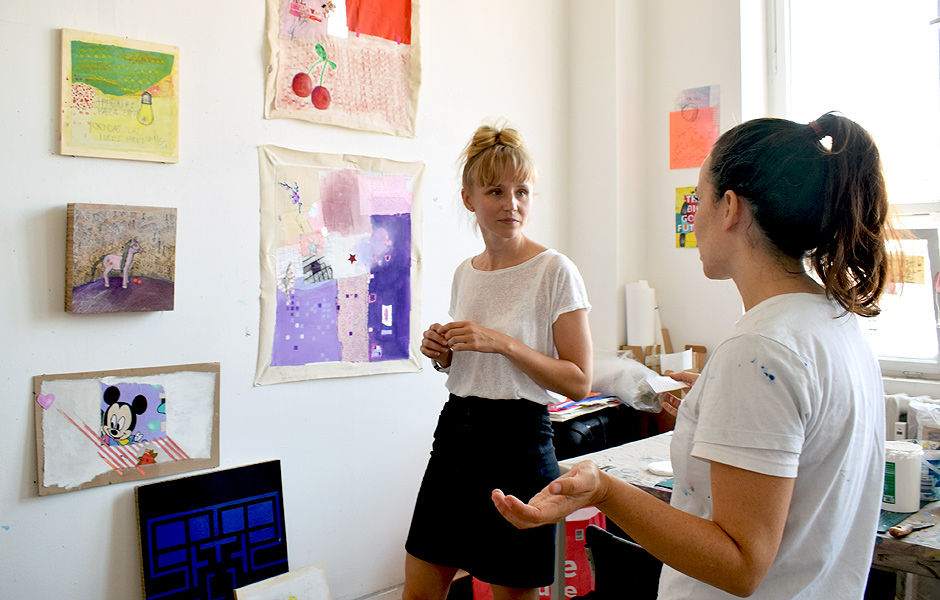
Dagmara Genda is an artist and writer. Her art art has been shown at the Arp Museum, Remagen DE Walter Phillips Gallery, Banff; the Esker Foundation, Calgary; Contemporary Art Forum Kitchener + Area Biennial 2014, as well as numerous public and private venues across Canada, the US and Europe. Genda is currently completing a public art project for the expansion of the subway system in Toronto.
www.dagmaragenda.com
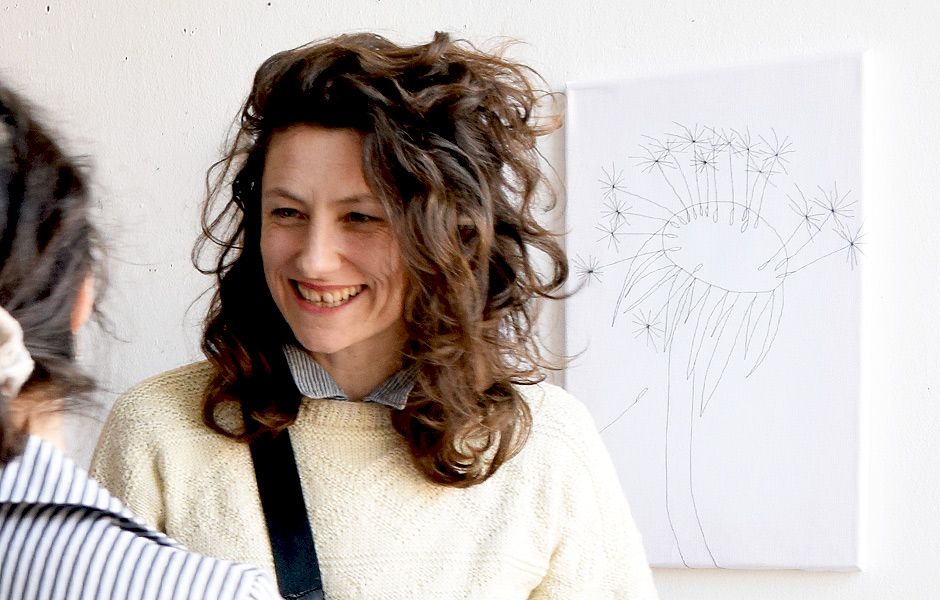
Emma Waltraud Howes works as a translator between movement and form. Her focus is on the development of an expanded choreographic practice that incorporates public interventions, kinaesthetic and architectural research, and graphic scores for performances. Her interdisciplinary works are informed by her background in dance, performance theory, and the visual arts and are guided by observations of bodily gestures.
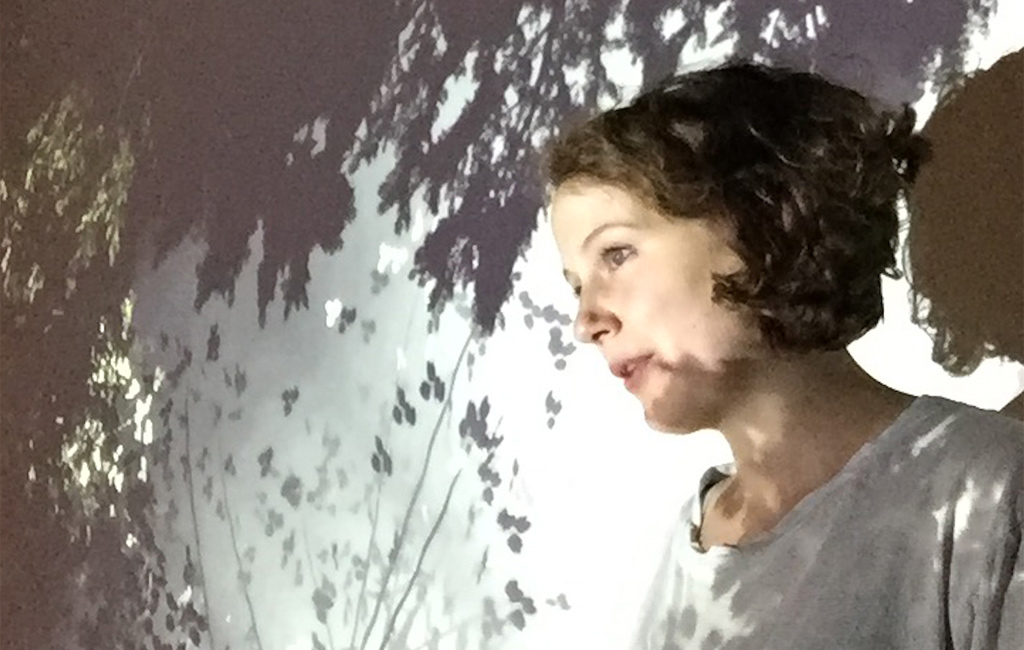
Dorine van Meel (1984, NL) is an artist based between Brussels and Amsterdam who’s practice manifest as video installations, performances and collaborative projects.
Van Meel’s solo work has been shown at the South London Gallery (London), the Berlin Biennale for Contemporary Art (Berlin), W139 (Amsterdam), Extracity (Antwerpen), Transmediale (Berlin), Nottingham Contemporary (Nottingham) and KW Institute for Contemporary Art (Berlin). Her interest in discursive practices, feminist methodologies, and self-organised forms of collaborations is reflected within the collective projects she initiates, including “The Southern Summer School” organised with Nelmarie du Preez at BAK in Utrecht and “Gentle Dust” organised with Rianna Jade Parker at Jupiter Woods in London and at the Berlin Biennale.
She teaches at the Rietveld Academie and the Sandberg Instituut in Amsterdam, where she will run a new masters programme called “Planetary Poetics” starting in the autumn of ‘23.
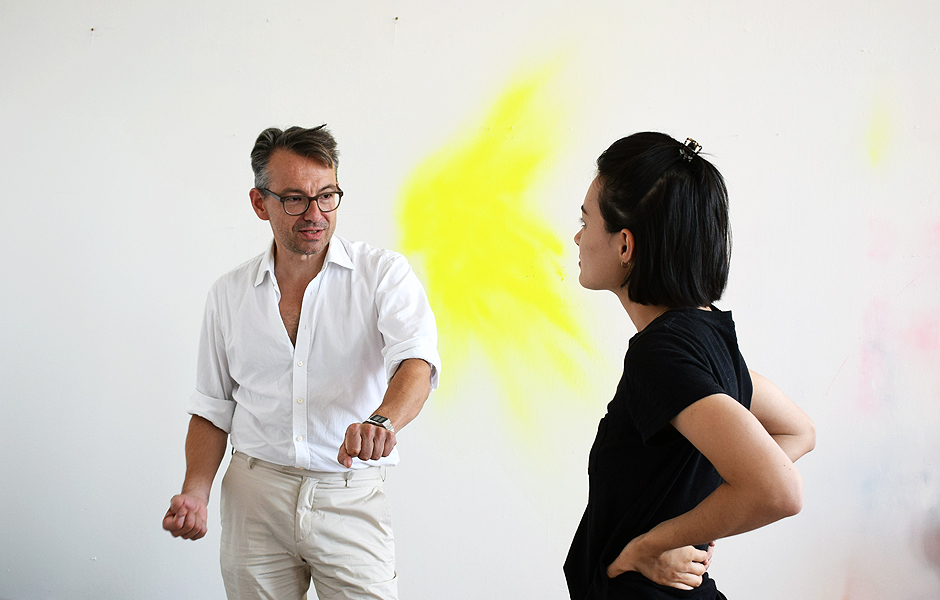
is a critic, curator and artist, based in Berlin. His essays, portraits or criticism has been published by international art magazines, such as Flash Art International (Milano), Frieze d/e (Berlin/London), Billedkunst (Oslo), /100 (Berlin) and in books by institutions such as the UCLA Hammer Museum, Los Angeles; MUSAC, Leon; Aspen Museum, Colorado; Schirn Kunsthalle, Frankfurt/Main; Thyssen Bornemisza Contemporary, Vienna; Kunsthalle Düsseldorf; Julia Stoschek Collection, Düsseldorf and many others. His artwork is invested in creating collaborative formats, oscillating between sculpture performance and exhibitions. This includes collaborations with other artists such as »Come early, avoid disappointment« with the artist group Gelitin at TBA21 in Vienna, and the Venice Biennale, 2011, or »The Art of Conversation« with Paolo Chiasera and Matthew Antezzo, at PSM Galllery, Berlin, 2013, or or his art related music projects, including ACO- Art Critics Orchestra, (w. Raimar Stange, Oystein Aasan, Sabine Schmidt, and others), or The B-Men (w. Manfred Peckl, Marc Bijl u. Marcus Sendlinger).
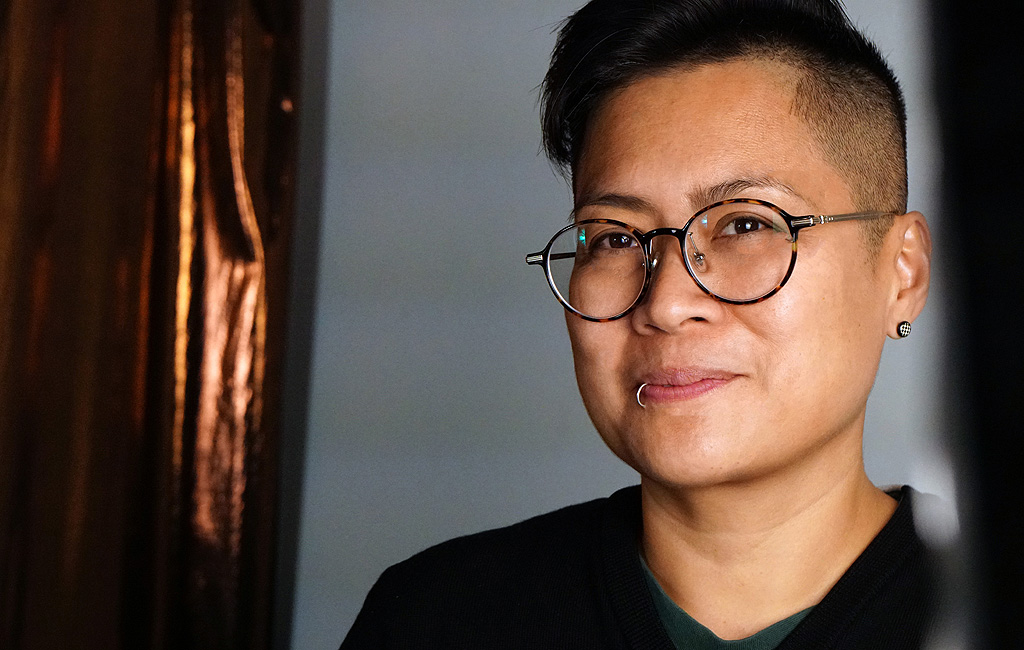
Kathy-Ann Tan is a Berlin-based independent curator, writer and founder of Mental Health Arts Space, a non-profit project space that centers the mental health, knowledge, histories and narratives of BIPoC and minoritized artists and cultural workers.
She is interested in alternative and sustainable forms of art dissemination, cultural production and institution-building committed to social justice and decolonial practice beyond a merely representational model of identity politics. Kathy-Ann’s work revolves around creating spaces for conversation, sharing and empowerment for BIPoC and minoritized communities in the arts and cultural scenes in Berlin and beyond. As a former full-time academic, she has extensive experience in teaching, research, publishing and public speaking.
Photo by courtesy of Lisa Siomicheva.
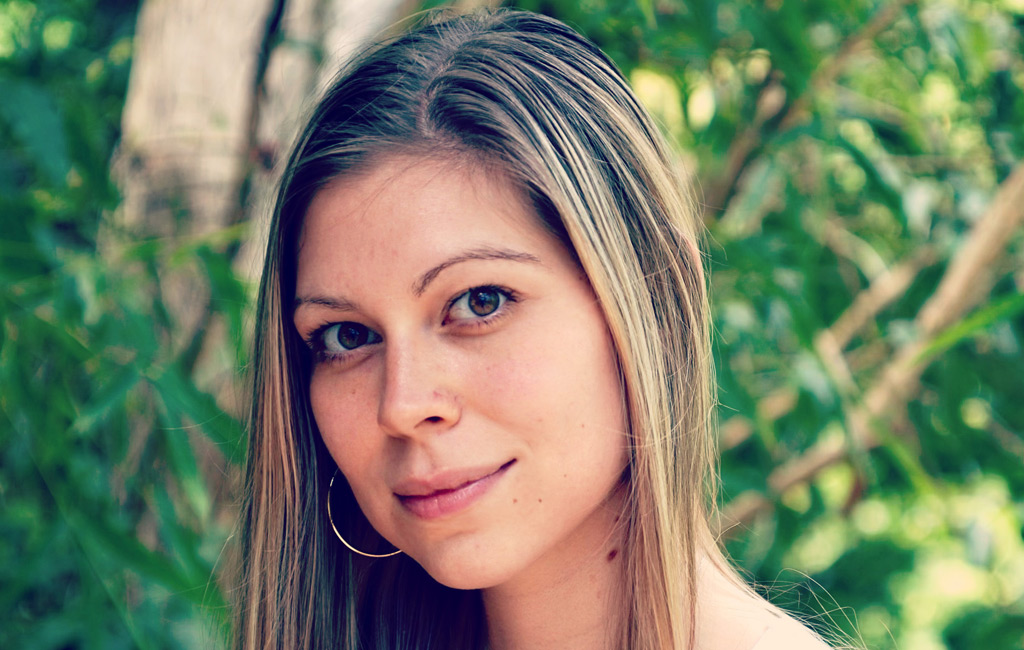
Virginia Valenzuela is a poet and journalist based in New York. She was most recently the Managing Editor at SuperRare Magazine, where she wrote and commissioned pieces on NFT artists as well as topics related to web3 and the metaverse.
Her writing has been published in Wired, The Independent, High Times, Right Click Save, and the Best American Poetry Blog.
She received a dual MFA in Creative Writing from the New School, where she was Research Assistant to David Lehman. She was also recently awarded the 2022 Future Art Writers Award from MOZAIK Philanthropy, and invited as a juror for their next exhibition, “The Digital Awakening.”
She is currently tokenizing her poetry and writing her debut novel.
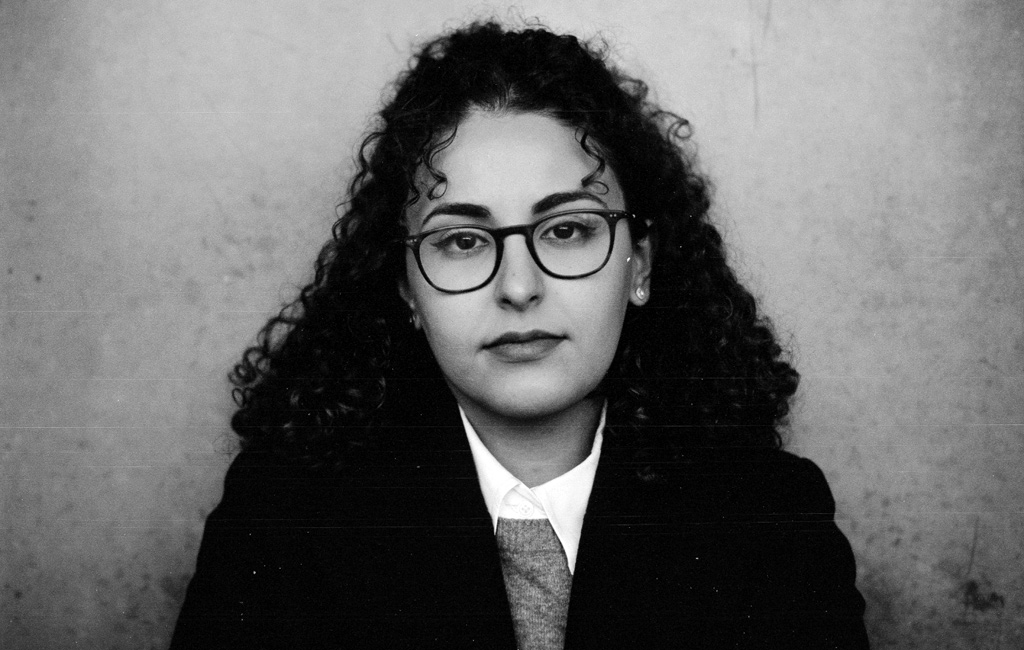
Ghada AlMuhanna (born in Riyadh, 1991) is a dedicated cultural and media advisor with a focus on the Arabian Peninsula’s visual history and identity. After earning her Master of Laws (LL.M.) from the University of Michigan, Ann Arbor, Ghada began her career as a counter-terrorism researcher. It was during this time that she recognized the need for a more authentic representation of the Arabian Peninsula’s culture and heritage. This realization inspired her to shift her focus towards media and public diplomacy, working with both public and private entities to create narratives that genuinely reflect the region’s rich history and identity.
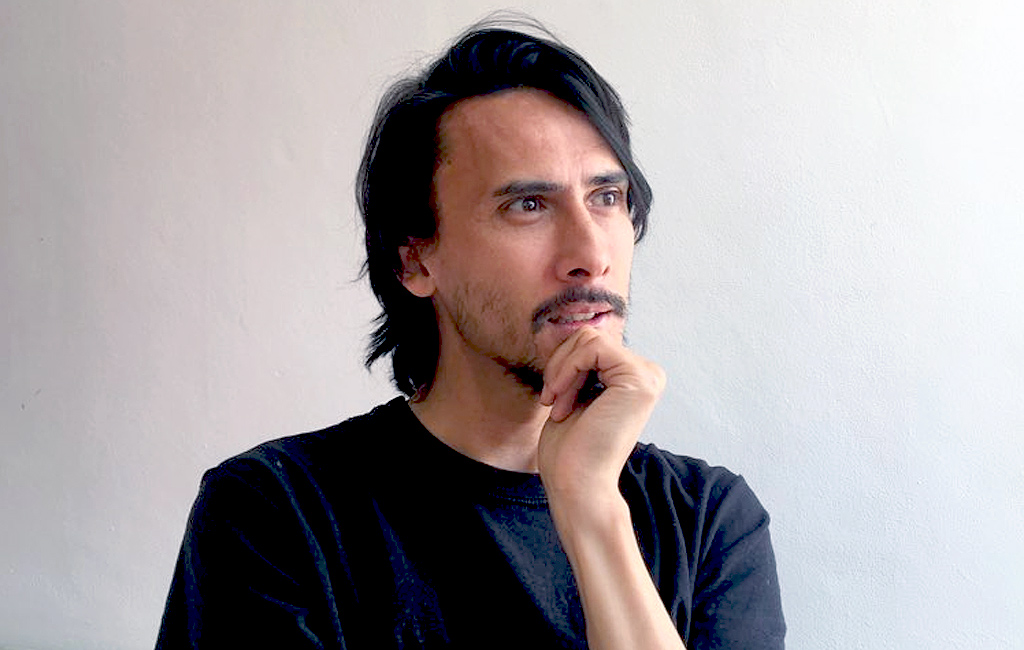
Joseph Walsh is an artist based in London. His work is about plants and actualising the statement “we co-habit with nature”. This has involved doing herb meditation workshops, observational drawing and painting in nature, and learning through his upkeep of a plot of land in a wildlife community garden. He has also produced films, his most recent was about the long running cook’s collective The Bonnington Cafe in London, showing its alternative work practice and how its approach to cooking and collective organisation has been sympathetic to a diversity of people. Most recently he contributed to Flatness.eu and did a Caribic Walking residency.
Select exhibitions include Human Machine Interface, Hilbert Raum, Berlin; Greenhouse Effect, Beaconsfield Gallery, London; Date With Thyme, ANDOR, London; Swamp Living, co-organised workshop at IMT Gallery, London; performance at The Showroom, London and 21st Century, a performative presentation at Chisenhale Gallery.
He studied Fine Art at Goldsmiths University, London, was a guest student at Staedelschule, Frankfurt and attended the LUX AAP programme.
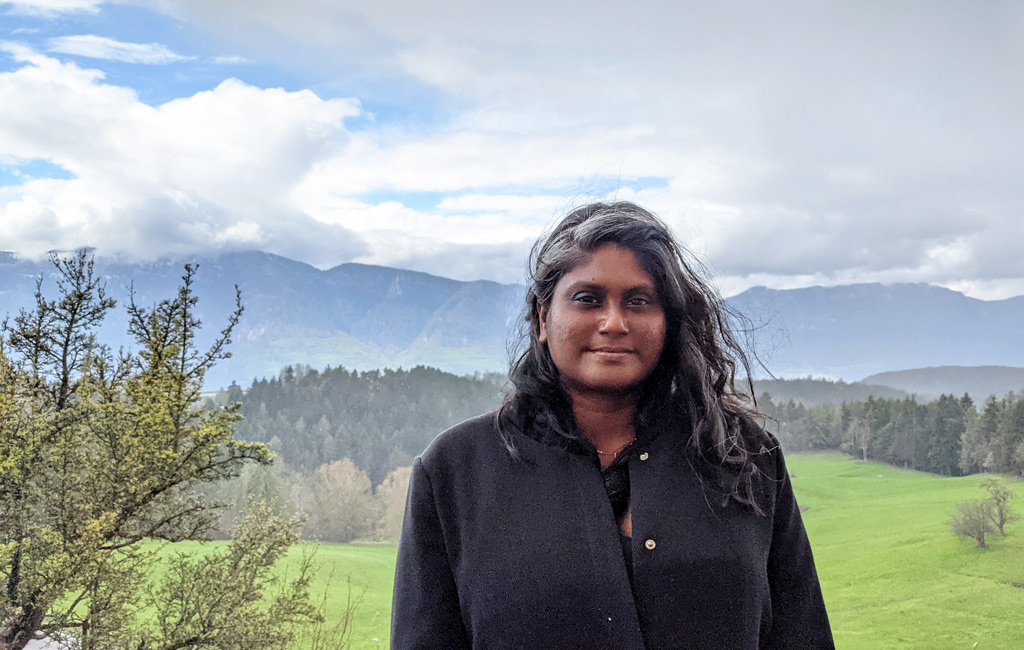
Rosalyn D’Mello grew up as a ‘Bombay-Goan’ in Mumbai. She spent the last decade in New Delhi before moving to South Tyrol in the Italian Alps in 2020. As a freelancer, she has performed various callings as a third-world feminist writer, art critic, essayist, columnist, researcher, and editor.
Her debut memoir, A Handbook for my Lover was published by HarperCollins India in 2015 to critical acclaim while her art criticism has been published in a range of international anthologies, magazines and newspapers.
Since 2016, she has been writing a weekly feminist column for mid-day exploring domestic itinerancy, political activism and life-writing. Her fortnightly columns for STIR synthesise memoir and art criticism. She is a TBA 21 Ocean Fellowship mentor (2021) and is the recipient of an India Foundation for the Arts art research grant, which has supported her forthcoming book for Oxford University Press on South Asian artistic studio practice. She is presently working on the sequel to her debut memoir, an autobiographical treatise on metabolic living, female mysticism, housewifely artistic legacies and feminist jouissance.
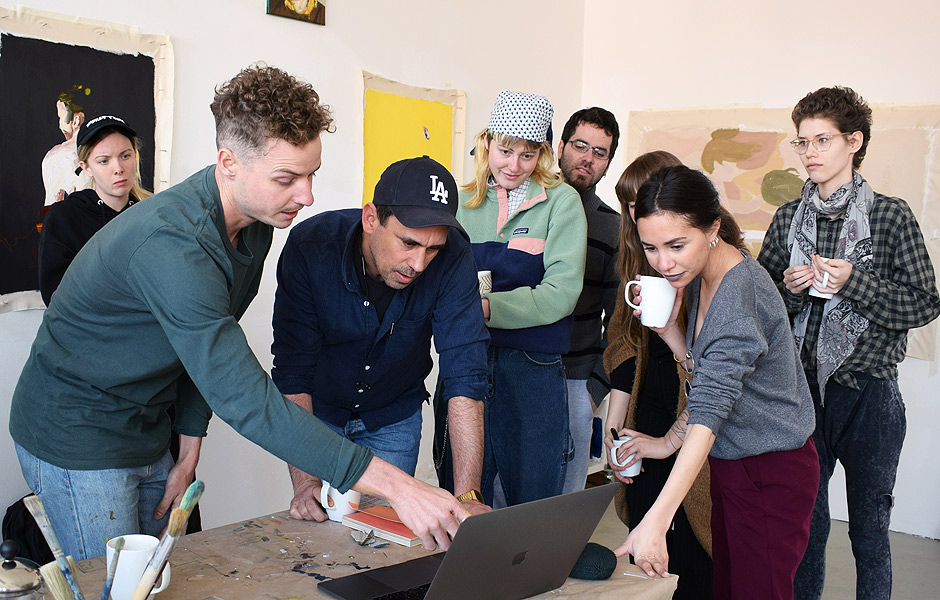
In his videos, photographies and installations, Niklas Goldbach is involved in the relation between architecture and necropolitics within modern traditions and postmodern cities. Established between reality and fiction, Goldbach’s works use architectural concepts and elements to create ambiguous perceptions of man-made environments.
He presented his works in numerous solo shows, group exhibitions, and festivals in venues such as the Museum der Moderne, Salzburg, Museo Reina Sofia, Madrid, Mori-Art Museum, Tokyo, Neuer Berliner Kunstverein n.b.k., documenta 14 public programs, Berlinische Galerie – Museum of Modern Art Berlin, Cornerhouse, Manchester, National Taiwan Museum of Fine Arts, Centre Pompidou, Paris, Houston FotoFest Biennial, Bergen Assembly, Württembergischen Kunstverein Stuttgart and the Short Film Festival Oberhausen.
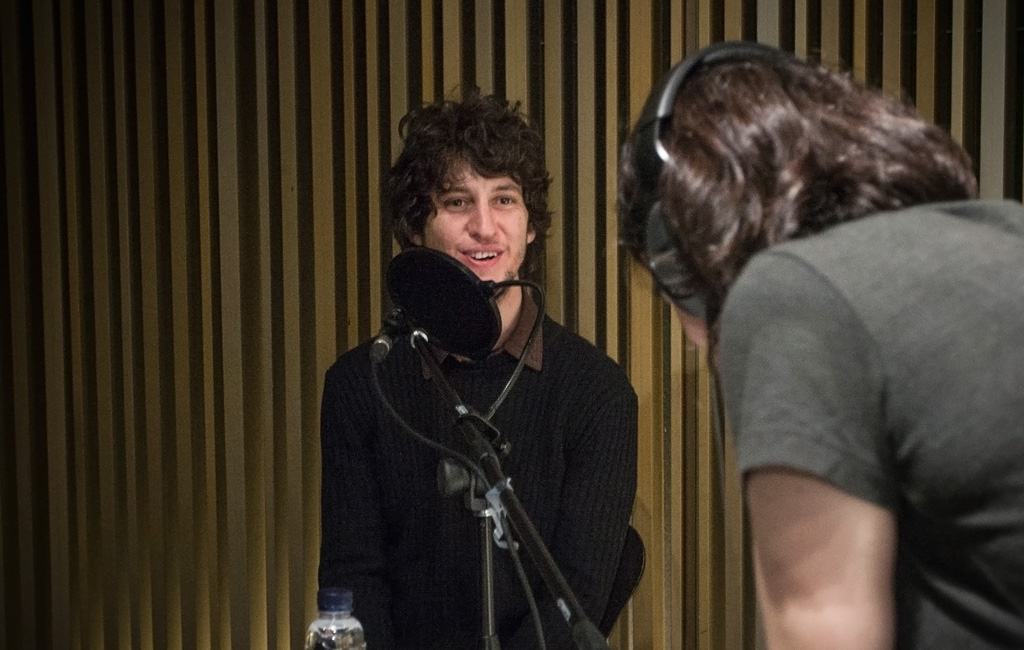
Adrian Melis (Havana, Cuba,1985) takes as his starting point current socio economic circumstances in Cuba as well as in Europe and considers how the shifting status quo affects the lives of individuals and furthermore the ways in which societies operate within their framework. Drawing from issues of unemployment, bureaucratic inefficiency, corporate as well as political corruption he creates mechanisms in which third parties’ experiences and stories are integrated in the production or execution of his work. His methodology instills within the works ironic and absurd qualities, meanwhile allowing for elements of absence, either formal or symbolic to manifest. Inspired by the lack of motivation and productivity in Cuba, Melis also experiments with creating feasible temporary employment opportunities both at home and in Europe.

Mitch Speed is a Berlin-based writer. In 2019 his study of Mark Leckey’s video artwork Fiorucci Made Me Hardcore (1999) was published by Afterall Books, as part of their One Work series. His book ‘Still Out of Time: Nostalgia, Art, and Us’ is forthcoming from Floating Opera Press.
He’s writen criticism for Camera Austria, Frieze, Mousse, Momus, Border Crossings, Spike, e-flux, artforum, and others.
A collection of his essays is also forthcoming from Brick Press.
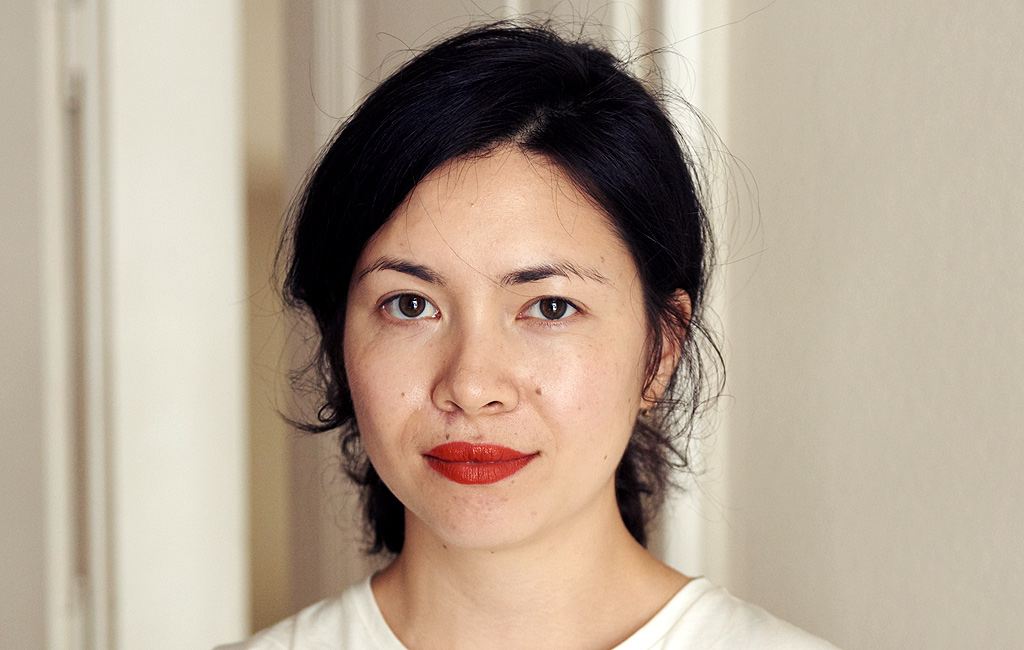
Sophie Lee (*1988, Johannesburg) is an artist and filmmaker. Her expanded moving image works reject linear narratives, instead combining emotional and fictive registers towards an affective storytelling. After studying at Slade School of Fine Art, London (Ba) (2012) she completed a two year residency at de Ateliers, Amsterdam (2016 – 2018). In 2018 she was a participant at Skowhegan residency, Maine.
Recent exhibitions include Kunstfort Museum (Solo) (Kunstfort, NL); Royal Palace Amsterdam (Amsterdam, NL); Artists Unlimited (Solo) (Bielefeld, DE); Amsterdam Art Weekend (Amsterdam, NL); The Whitstable Biennale (Whitstable, UK); PS120 (Berlin, DE); Rogers Office (Los Angeles, USA); Yaby (Duo) (Madrid, ES); Zona Mista (Duo) (London, UK); November Film Festival (London, UK).
Lee is currently supported by the Mondriaan Fonds.
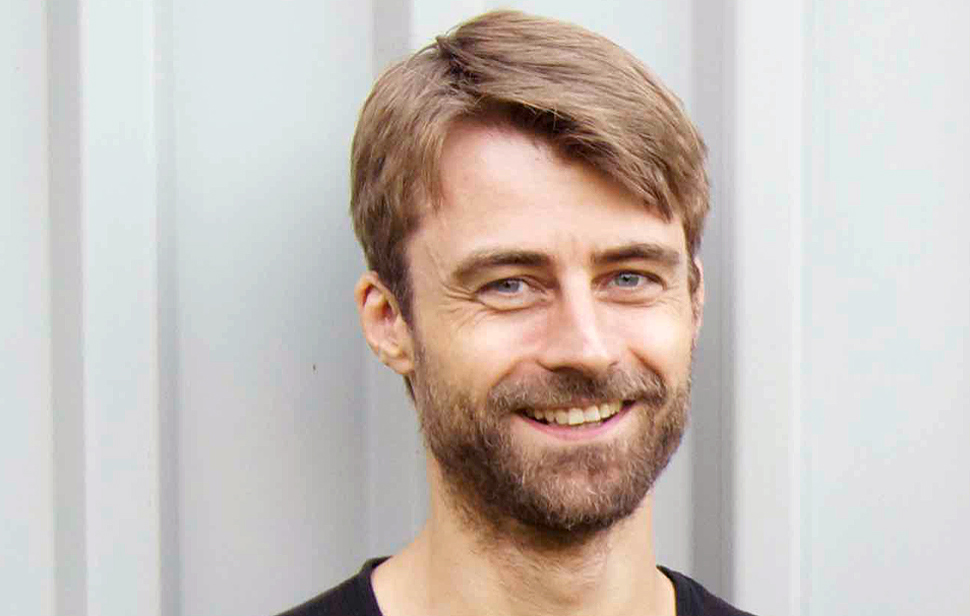
As an accomplished art writer, critic and curator who also holds a PhD in art theory from the Sorbonne in Paris, German image and art theorist Klaus Speidel regularly writes himself and also teaches art writing to artists, art history students, critics and curators in a variety of countries and contexts at the Paris College of Art, the University for Applied Arts in Vienna and the Summer Academy for Fine Arts in Salzburg and others.
He writes for various print media, including Frankfurter Allgemeine, Der Standard and The Art Newspaper. He is co-founder of Verein K and facilitates Crit Cross. Klaus Speidel has over 15 years of experience with helping artists find words and concepts for their practice.
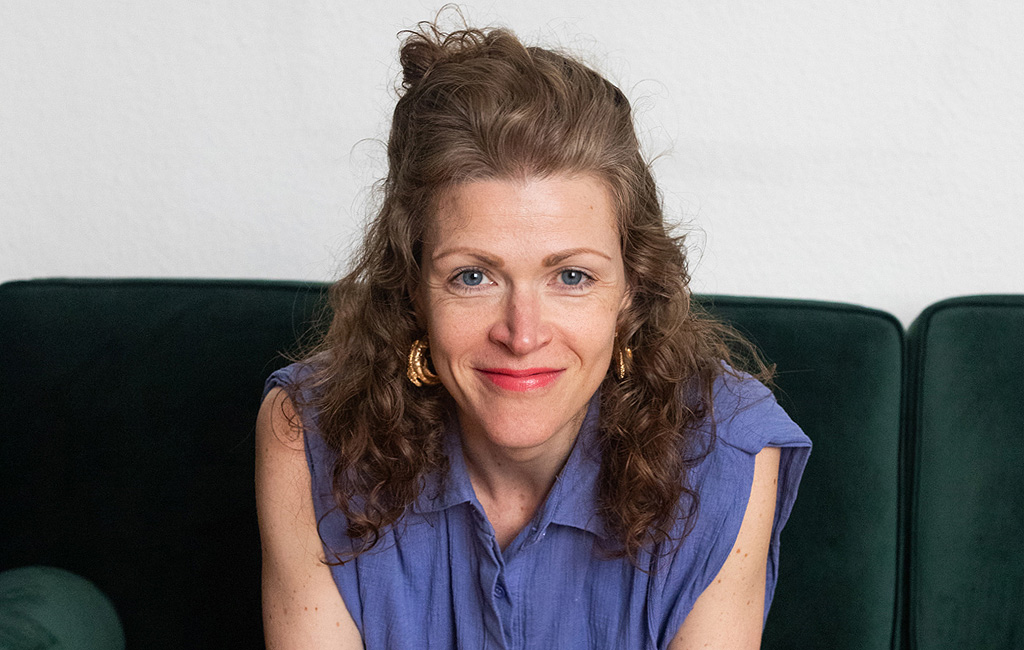
Jasmine Reimer is a Canadian artist, writer, researcher and art educator based in Berlin. Working in sculpture, drawing, non-fiction and poetry, her work uses symbolism, myth and abstraction to investigate physical and non-physical states of transformation. Specifically, Reimer explores the ever-changing hybrid-monster body and its role in maintaining the complexity of our identities.
Reimer exhibits internationally with her most recent exhibition at the plumb in Toronto and Khota Kunsthalle in Helsinki. In addition, Reimer writes art criticism, which can be found in ArtReview, Border Crossings, Peripheral Review and Mousse. In 2024 she was invited to a reading residency at Kunstal Gent where she hosted two reading sessions on the topic of Silvia Federici, and witch and monster aesthetics. Currently, Reimer teaches at Berlin Art Institute, with past classes held at The University of Guelph, Emily Carr University of Art + Design, Sheridan College and The University of Toronto. She is currently working on a series of Leporello books and preparing for a collective research residency on posthumanism hosted by The Betty Goodman Foundation in Italy.
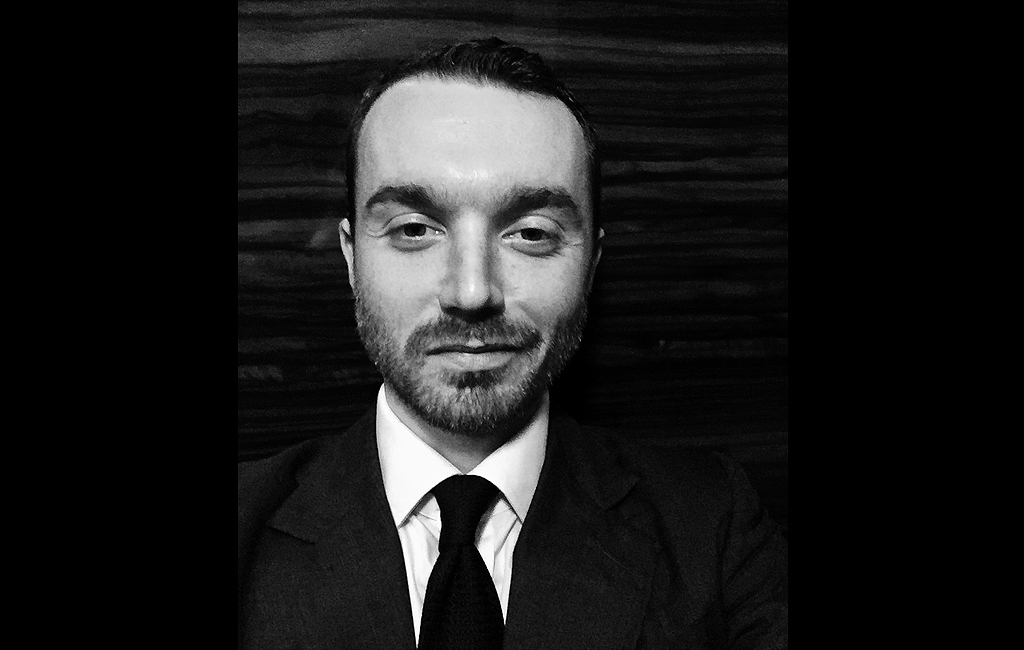
Alex Estorick is a media theorist whose work seeks to develop socially progressive approaches to new technologies. Experienced across educational, editorial and museum platforms, Alex’s approach to innovation depends on interdisciplinary understanding and deep media genealogies.
As Contributing Editor for Art and Technology at Flash Art, he established the magazine’s digital column, “The Uncanny Valley”, as a bridge between contemporary art and new media. He contributes to numerous publications – from Frieze to the Financial Times – and recently published the first aesthetics of crypto art: a data-driven study of the early genesis of the NFT phenomenon using machine learning and co-occurrence network analysis. As Editorial Director at ClubNFT, he develops strategies to protect, support and empower NFT collectors.
His work as a trustee for the Estorick Collection of Modern Italian Art involves industrial partnerships, fundraising and tailored strategies that embrace London’s local art and tech communities. He has a BA from the University of Cambridge, where he read History of Art at Pembroke College, an MA in Digital Media Theory from Goldsmiths, University of London, and a Graduate Diploma in Law from The University of Law.

Vanina Saracino (she/they) is an independent curator, film programmer, writer, and lecturer. Her work focuses on theories and art practices that question anthropocentric and binary worldviews from an intersectional perspective, with an emphasis on lens-based and time-based art. Between 2021–2025, Saracino has been serving as an adjunct professor of Experimental Film and Media Art at Universität der Künste (UdK), Berlin. With Adriana Alves, she curated the exhibition I converse with fire at NNKS – North Norwegian Art Center (Lofoten, Norway, 2025), first step in a larger project that reimagines energy through artistic research, titled Solar Kin. She co-curated two editions of the Screen City Biennial: Other Minds at Archenhold Observatory and other venues in Berlin (2022), and Ecologies – Lost, Found and Continued (Stavanger, Norway, 2019), where she also edited the SCB Journal, Vol.2.
With Alessandra Bargamaschi, she co-founded OLHO, a project about contemporary art and cinema initiated in Rio de Janeiro and São Paulo (2015–2018) and later shown at Palais de Tokyo and Palazzo Grassi (Teatrino). Saracino has additionally collaborated with Kumu Art Museum and EKKM (Tallinn), TBA21 – Academy, Salzburger Kunstverein (Salzburg), The EYE Film Institute (Amsterdam), and Centro Párraga (Murcia), among others. Saracino has realized residencies at ISCP – International Studio & Curatorial Program (New York City, June–July 2023), Q21 – MuseumsQuartier (Vienna, 2021), Fire Station Artists’ Studios (Dublin, 2019), CPR – Curatorial Program for Research (Reykjavik, Tórshavn, Tromsø, Boden, Luleå, Hyrynsalmi, Helsinki, 2018), GENERATOR – 40mcube/EESAB (Rennes, 2018), and was awarded research visiting grants by ProHelvetia (Switzerland, 2018), Goethe-Institut (NYC, 2018), The Danish Art Foundation (Copenhagen, 2018 and 2017) and Frame Contemporary Art Finland (Helsinki and Turku, 2019), among others. Graduated in Communication Science, Saracino holds an MA in Arts Management (GIOCA, University of Bologna) and in Philosophy and Art Theory (UAB, Autonomous University of Barcelona). Since 2015, she has been a member of IKT – International Association of Curators.
www.vaninasaracino.com/
